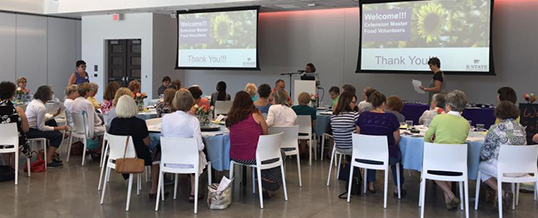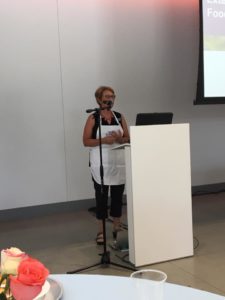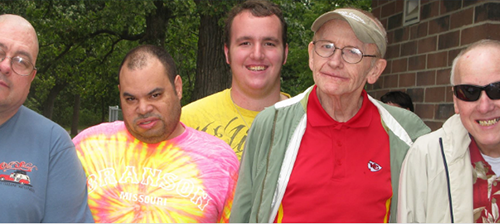Arcare is proud to support National Disability Employment Awareness Month (NDEAM). Each October, NDEAM aims to educate the public about disability employment issues and celebrate the many and varied contributions of America’s workers with disabilities. It also serves as a reminder to employers of the importance of inclusive hiring practices.
Ensuring that America’s workplaces continue to include and accommodate people with disabilities will be an important part of our economic rebound. Looking ahead, the Department will remain focused on the policies that led to a strong economy and record-low unemployment rates for persons with disabilities prior to the pandemic. A vigorous economic rebound and job growth will, alongside the Americans with Disabilities Act, increase access and opportunity for Americans with disabilities.
U.S. Secretary of Labor Eugene Scalia
This October marks the celebration of the 75th NDEAM, and we couldn’t be more excited to share a few ideas for how you can help recognize this special occasion.
For Individuals:
- Share an NDEAM poster on social media:
Download in English
Download in Spanish - Share your inclusive workplace experiences with the hashtag #NDEAM
- Share a PSA from the “What Can YOU Do?” campaign
Access direct downloads of these videos »
For Employers:
- Display a NDEAM poster in our workplace:
Download in English
Download in Spanish - Use this month to educate and train employees and supervisors about inclusivity in the workplace. Access training materials from the Job Accommodation Network.
- Establish an Employee Resource Group
- Participate in a Disability Mentoring Day
- Connect with the Kansas Vocational Rehabilitation Office to connect your business with skilled workers in your area!
For more information about NDEAM, please visit the U.S. Department of Labor website. Follow Arcare on LinkedIn and Facebook to see our #NDEAM stories and celebrate with us by sharing your own!











